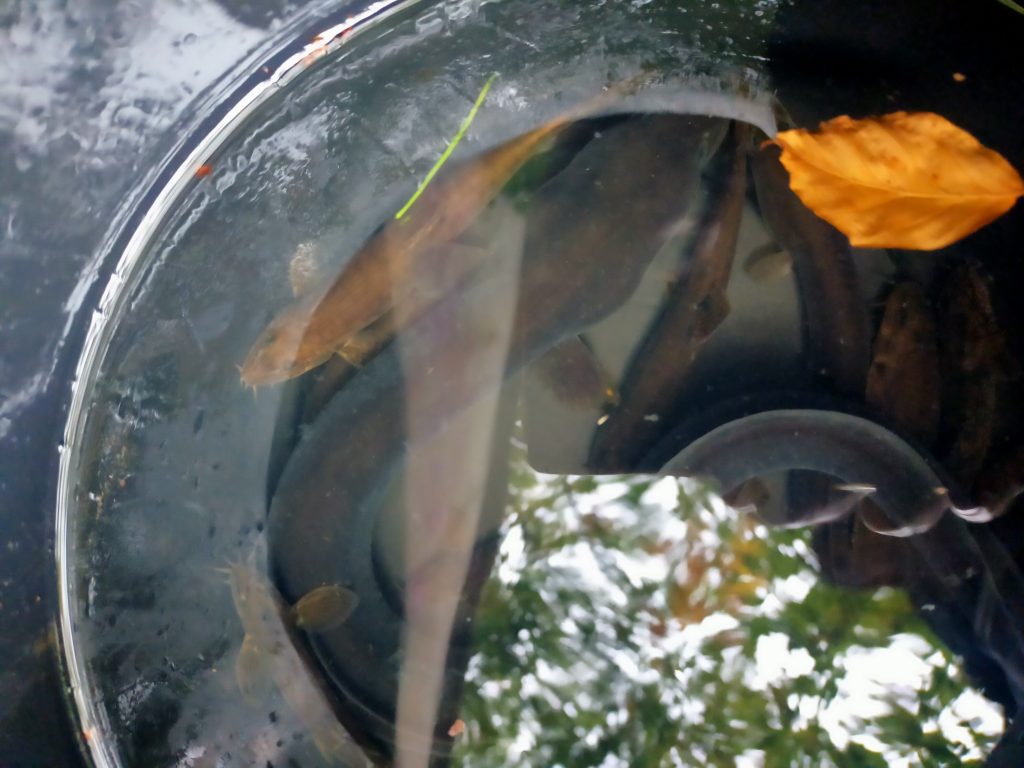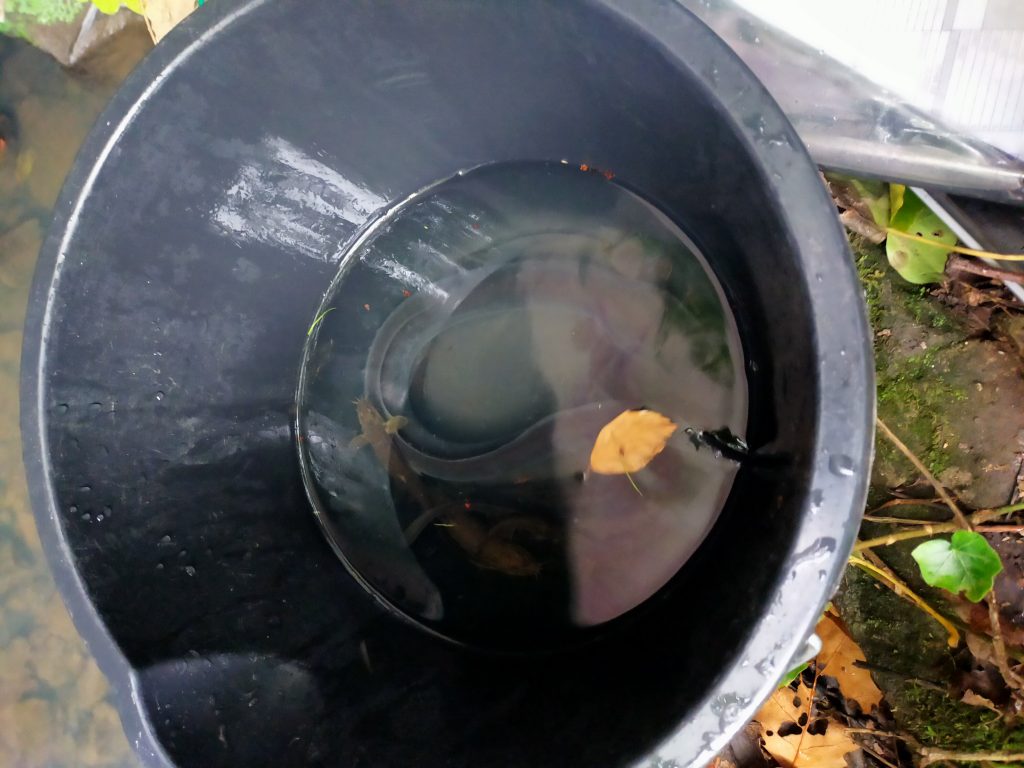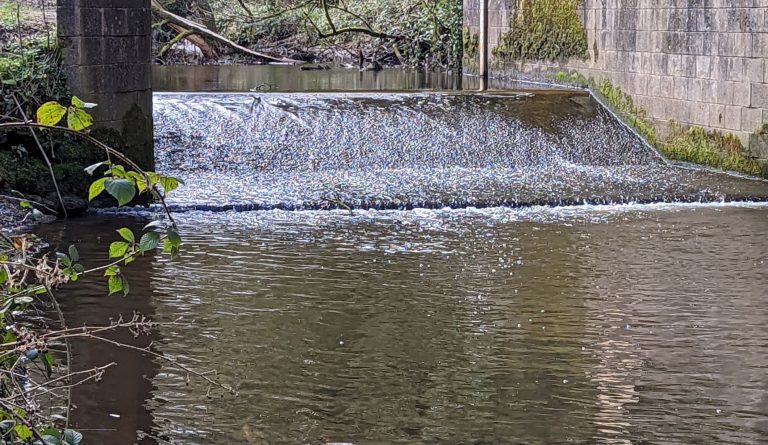Recently, the Ribble Rivers Trust, WLBC Ranger Service and Groundworks NW visited the Tawd Valley Park to conduct electro-fishing along a stretch of the river Tawd. The team wanted to collect data on fish species that could be living both upstream and downstream of Cobbs Clough Weir.
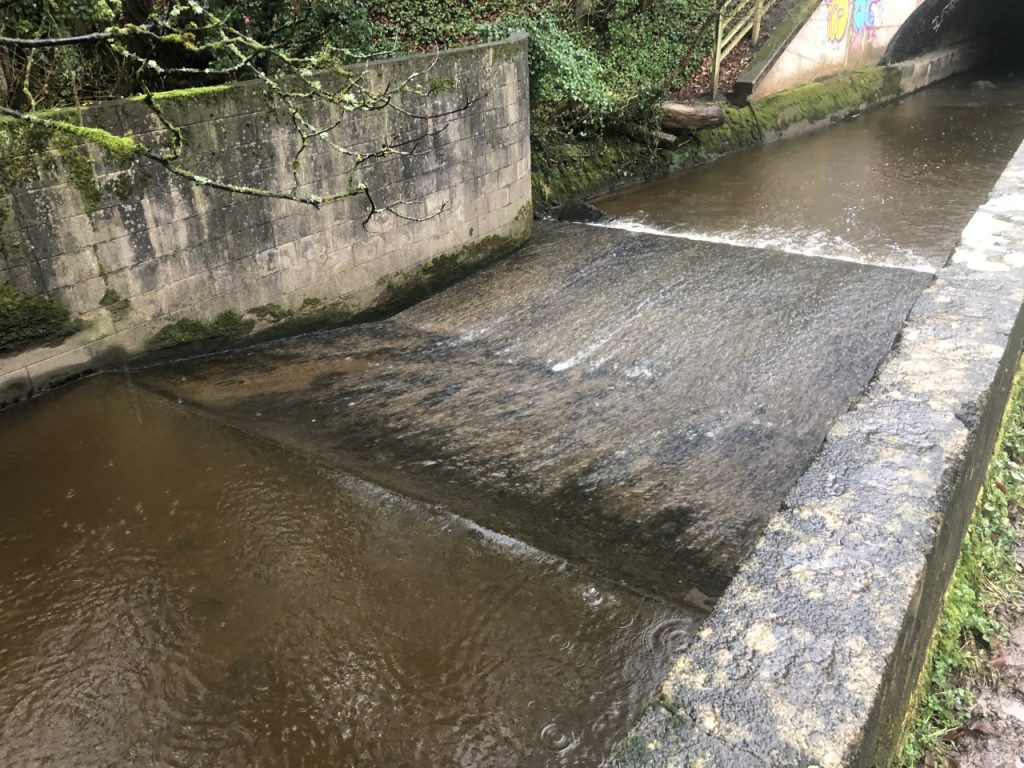
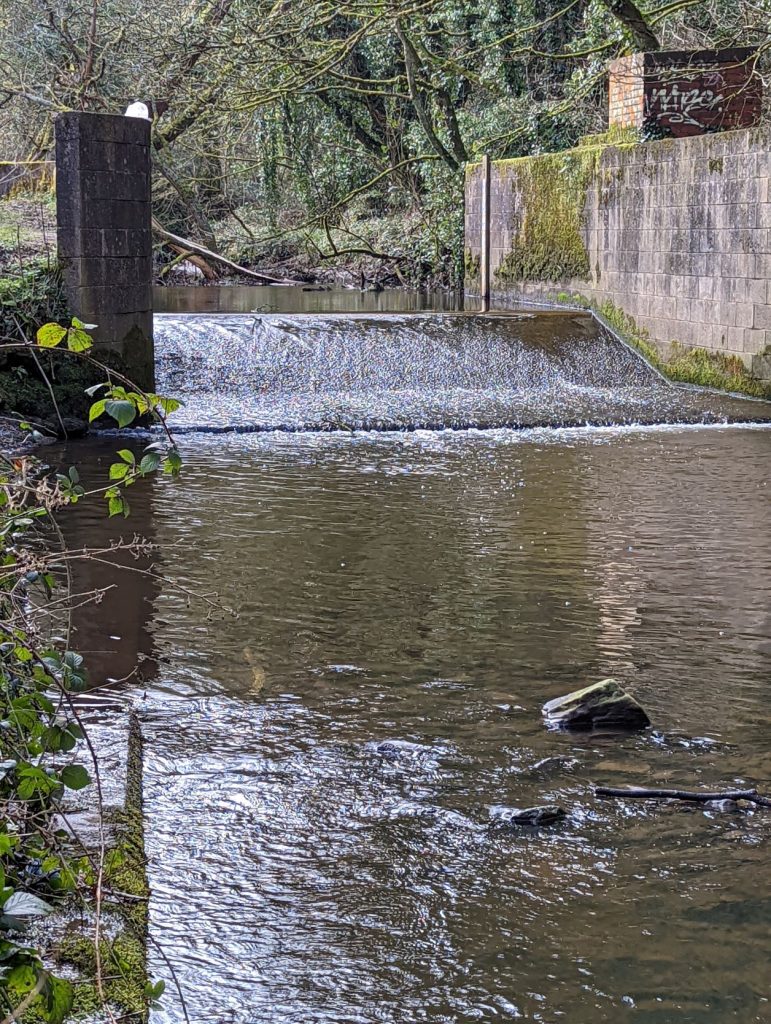
Even though the weather wasn’t ideal, the troop soldiered on to get results. As well as looking at what fish species called the river Tawd home, they also wanted to collect measurements of the waters flow, and if they had time, the team wanted to do some riverfly kick sampling, to see what variety of freshwater invertebrates, fish could potentially be feeding on.
The group surveyed a length of 50m of river and it produced some really positive finds. First discovery up was a fish species known as the Stone Loach (Barbatula barbatula). Stone Loach is a small, slender creature, that can be found in clear streams and rivers. It can be very hard to spot, as it camouflages really well against the gravel and stone of the riverbed. It is a mostly nocturnal fish that uses its whisker like barbels to catch its prey. 17 Stone Loach were recorded downstream and 1 upstream, with some reaching up to 14cm long. RRT suggested that this might be a record size compared to other stone loach they have caught in other catchment surveys they’ve conducted.
Next species caught was the enigmatic European Eel (Anguilla anguilla). The European Eel is a snake-like catadromous fish. They reach lengths of just under a metre long. They are regarded as critically endangered on the IUCN Red List of Threatened Species. Their average lifespan is around 20 years but can live up to 50 years. On the day, 12 European Eel were recorded along the Tawd’s 50m surveyed stretch. All of which were downstream of the Cobbs Clough Weir. The RRT stated that this is a large concentration of European Eel in such a small stretch surveyed, compared to other areas of the Douglas catchment.
The data collected certainly highlights two important factors – The first being the importance of protecting and improving the river Tawd into the future. Secondly, the negative impact Cobbs Clough Weir is having on the movement and migration of fish species along the river Tawd.
